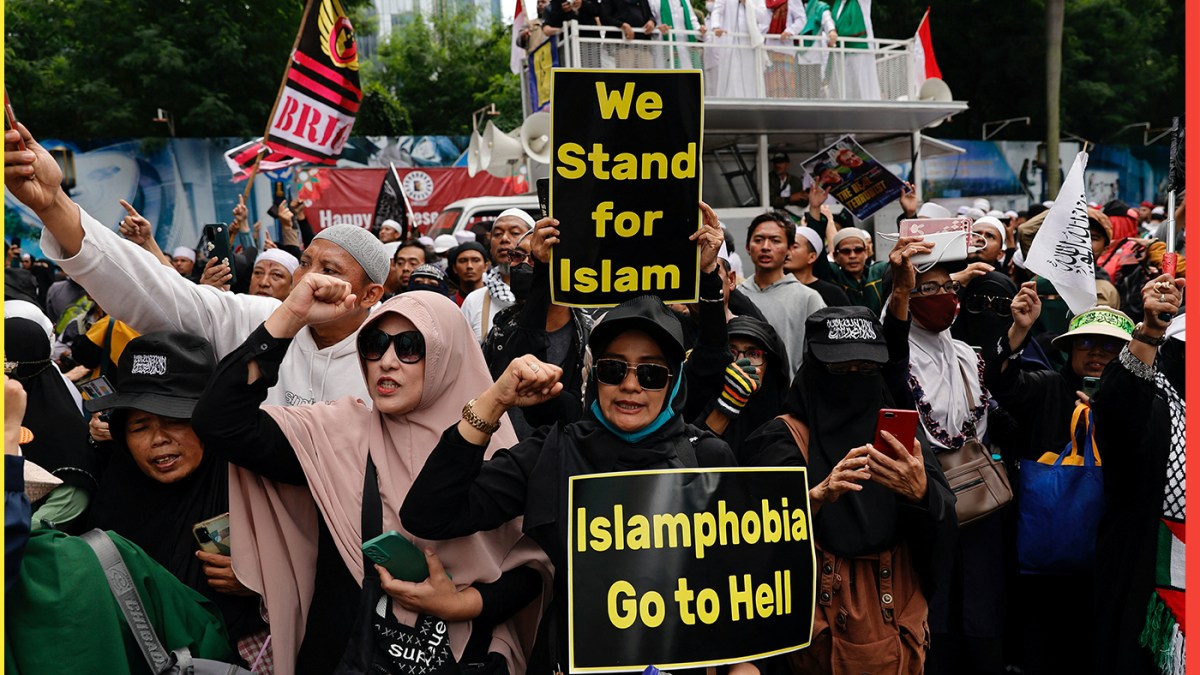On Wednesday, the International Day to Combat Islamophobia, which was adopted by the United Nations General Assembly a year ago, was approved, and on this occasion, political analyst and former director of the Arab American Institute, Omar Badr, believes that this is the right time to reflect on the state of Islamophobia in American society.
He pointed to what he described as a startling paradox, as this phenomenon has recently declined significantly, and said that the irony is that the "credit" for this goes to former US President Donald Trump.
The attacks of September 11, 2001, were a remarkable catalyst for a significant rise in Islamophobia in America, where the number of hate crimes against Muslim Americans, and against anyone who looked Arab or Muslim, increased across the United States.
Badr added that anti-Muslim bigotry has become a lucrative profession, with its advocates taking center stage, and many Republican candidates in particular have competed to exploit the issue for political gain. But Trump outperformed his peers when he declared that "Islam hates us" and issued decrees banning citizens of Muslim countries from entering the United States.
The irony is that Trump's presidency has seen Islamophobia decline, not because his words and actions are meant to marginalize this political-cultural tumor, but because he has done his best to promote it.
Despite its decline in U.S. political discourse, Islamophobia extends globally and remains a real threat.
It ranges from anti-Muslim attitudes in Europe to China's war on its Uighur Muslim population, to attacks on Muslims in India, and the genocide in Myanmar against Rohingya Muslims.

